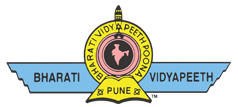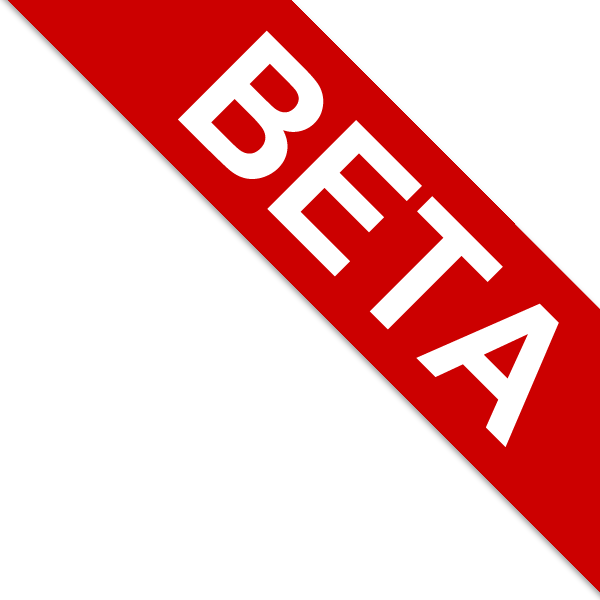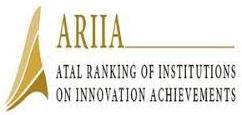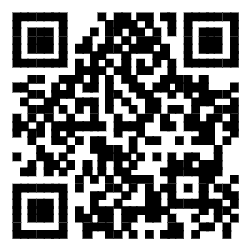Course Outcomes - Engineering Science
|
First Year Engineering (2019 Course) |
|
Course Outcomes (COs): 107001 – Engineering Mathematics – I |
CO1: Mean value theorems and its generalizations leading to Taylors and Maclaurin’s series useful in the analysis of engineering problems.
CO2: the Fourier series representation and harmonic analysis for design and analysis of periodic continuous and discrete systems.
CO3: to deal with derivative of functions of several variables that are essential in various branches of Engineering.
CO4: to apply the concept of Jacobian to find partial derivative of implicit function and functional dependence. Use of partial derivatives in estimating error and approximation and finding extreme values of the function.
CO5: the essential tool of matrices and linear algebra in a comprehensive manner for analysis of system of linear equations, finding linear and orthogonal transformations, Eigen values and Eigen vectors applicable to engineering problems
107002: Engineering Physics
CO1: Develop understanding of interference, diffraction and polarization; connect it to few engineering applications.
CO2: Learn basics of lasers and optical fibers and their use in some applications.
CO3: Understand concepts and principles in quantum mechanics. Relate them to some applications.
CO4: Understand theory of semiconductors and their applications in some semiconductor devices.
CO5: Summarize basics of magnetism and superconductivity. Explore few of their technological applications.
CO6: Comprehend use of concepts of physics for Non Destructive Testing. Learn some properties of nanomaterials and their application.
103004: Basic Electrical Engineering
At the end of course students will be able to
CO1: Differentiate between electrical and magnetic circuits and derive mathematical relation for self and mutual inductance along with coupling effect.
CO2: Calculate series, parallel and composite capacitor as well as characteristics parameters of alternating quantity and phasor arithmetic
CO3: Derive expression for impedance, current, power in series and parallel RLC circuit with AC supply along with phasor diagram.
CO4: Relate phase and line electrical quantities in polyphase networks, demonstrate the operation of single phase transformer and calculate efficiency and regulation at different loading conditions
CO5: Apply and analyze the resistive circuits using star-delta conversion KVL, KCL and different network theorems under DC supply.
CO6: Evaluate work, power, and energy relations and suggest various batteries for different applications, concept of charging and discharging and depth of charge
|
110005: Programming and Problem Solving |
|
CO1: Inculcate and apply various skills in problem solving. CO2: Choose most appropriate programming constructs and features to solve the problems in diversified domains. CO3: Exhibit the programming skills for the problems those require the writing of well-documented programs including use of the logical constructs of language, Python. CO4: Demonstrate significant experience with the Python program development environment. |
111006 -Workshop Practice
CO1: Familiar with safety norms to prevent any mishap in workshop.
CO2: Able to handle appropriate hand tool, cutting tool and machine tools to manufacture a job.
CO3: Able to understand the construction, working and functions of machine tools and their parts.
CO4: Able to know simple operations (Turning and Facing) on a centre lathe.
101007: Environmental Studies-I
CO1: Demonstrate an integrative approach to environmental issues with a focus on sustainability.
CO2: Explain and identify the role of the organism in energy transfers in different ecosystems.
CO3: Distinguish between and provide examples of renewable and nonrenewable resources & analyze personal consumption of resources.
CO4: Identify key threats to biodiversity and develop appropriate policy options for conserving biodiversity in different settings.
107009: Engineering Chemistry
CO1: Apply the different methodologies for analysis of water and techniques involved in softening of water as commodity.
CO2: Select appropriate electro-technique and method of material analysis.
CO3: Demonstrate the knowledge of advanced engineering materials for various engineering applications.
CO4: Analyze fuel and suggest use of alternative fuels.
CO5: Identify chemical compounds based on their structure.
CO6: Explain causes of corrosion and methods for minimizing corrosion.
104010: Basic Electronics Engineering
CO1: Explain the working of P-N junction diode and its circuits.
CO2: Identify types of diodes and plot their characteristics and also can compare BJT with MOSFET.
CO3: Build and test analog circuits using OPAMP and digital circuits using universal/basic gates and flip flops.
CO4: Use different electronics measuring instruments to measure various electrical parameters.
CO5: Select sensors for specific applications.
CO6: Describe basic principles of communication systems.








